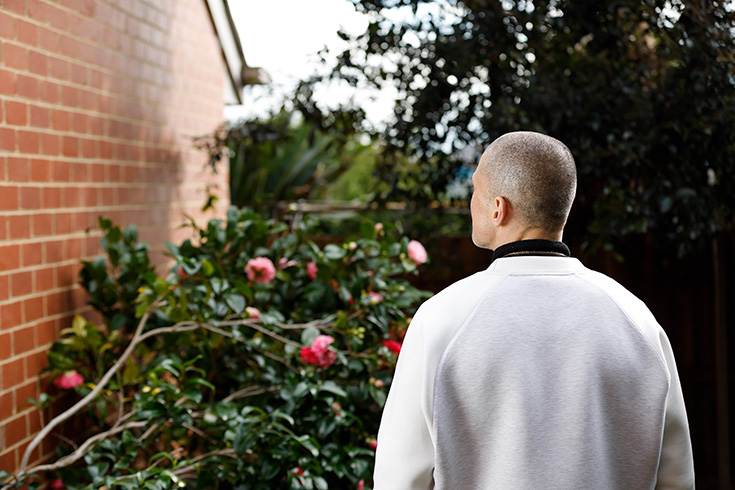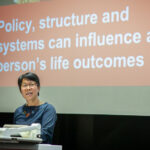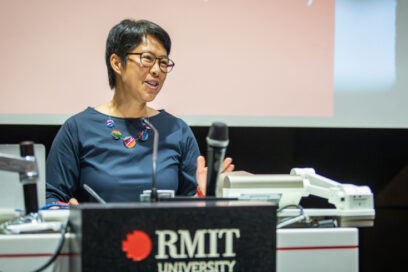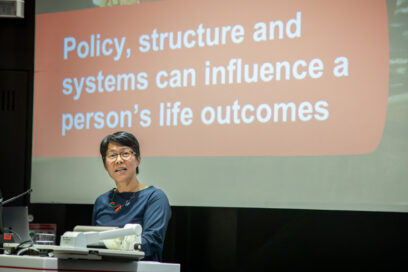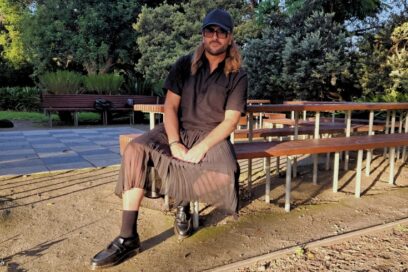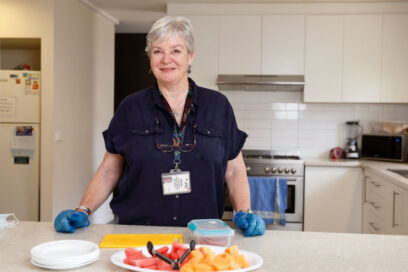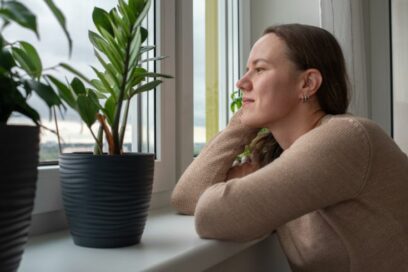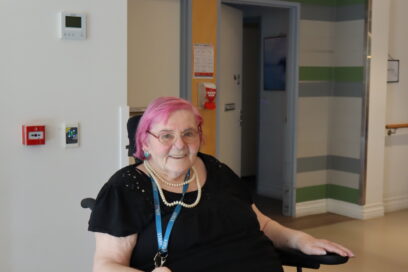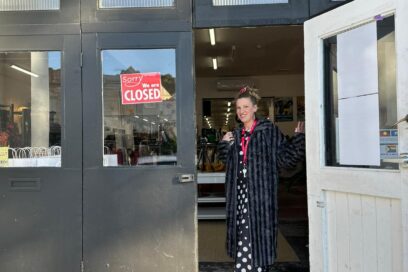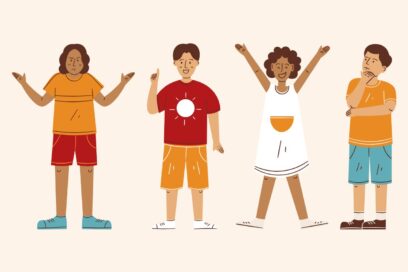Greenlight helped Tyson move forward
In 2021, Tyson was referred to GreenLight Plus, a program run by Sacred Heart Mission and funded by the Victorian state government for people who had been temporarily housed in hotel accommodation during the pandemic. It was then that things started to change.
During this time Tyson agreed to participate in the Court Integrated Services Program – a bail program which provided him with intensive support for a few months to avoid future jail time and complete a Community Corrections Order. The order lasted two and a half years. Tyson is proud of his ability to complete it, and he was commended by the judge for turning his life around.
Settled and flourishing
With Case Manager Tania’s support, Tyson was able to access an 18-month lease in a community housing property while waiting for a public housing offer. “I’ve never had my own place before,” he says.
With the ongoing, wraparound support and financial assistance from Tania, Tyson has shown he can look after his property, sustain his tenancy and pay his bills on time. “Anything that has come up, Tyson’s been able to face it – negotiating with neighbours, that sort of thing,” says Tania.
Tyson also expresses gratitude to Tania for writing a letter to the magistrate about his progress – by being involved in GreenLight Plus, the court is more confident that Tyson won’t reoffend in the future.
As part of the program’s holistic approach, Tania connected Tyson with medical professionals to ensure he receives the right treatment to stay off heroin and manage his mental health and wellbeing.
While participating in GreenLight Plus, Tyson has found consistent employment for the first time, working in a warehouse. “I’m teaching myself how to have a work ethic – I’ve never had that before. I never had a father, or anyone to teach me how to be an adult really.”
A key life skill most teenagers learn from their parents is how to drive – something Tyson wasn’t able to do as a young person because he was in and out of juvenile detention. One of his key goals was obtaining a driver’s licence and buying a car. He has now achieved his goal, and having access to a car means he spends less time travelling to and from work, freeing up his time so he can better access the community. Tyson is also rebuilding his relationship with his mum, after many years of challenges. Though she lives in Perth, they speak on the phone regularly and she is very proud of him turning his life around. Tyson is hopeful she will come and visit soon.
Today, Tyson lives in a two-bedroom public housing property. It is in a quiet area, where he can have privacy and the space to rebuild his life. He is proud of his home and has four aquariums – he loves taking care of his pet fish. He’s hopeful that his 12-year-old son, who lives in Perth with his mother, may be able to visit. “If I don’t try, I’ll lose him. But we are trying – he rings me every day before school.”
Helping others
Tyson would like to become a mentor one day and help other young people to stay out of jail. He says he wants to see a more supportive system that diverts disengaged young people away from prisons as much as possible and give them more opportunities to change before they are placed in juvenile detention. “You can never get enough support. Doesn’t matter how strong you are, you just need a friend – even once a week. That would make the world of difference to kids like me.”


